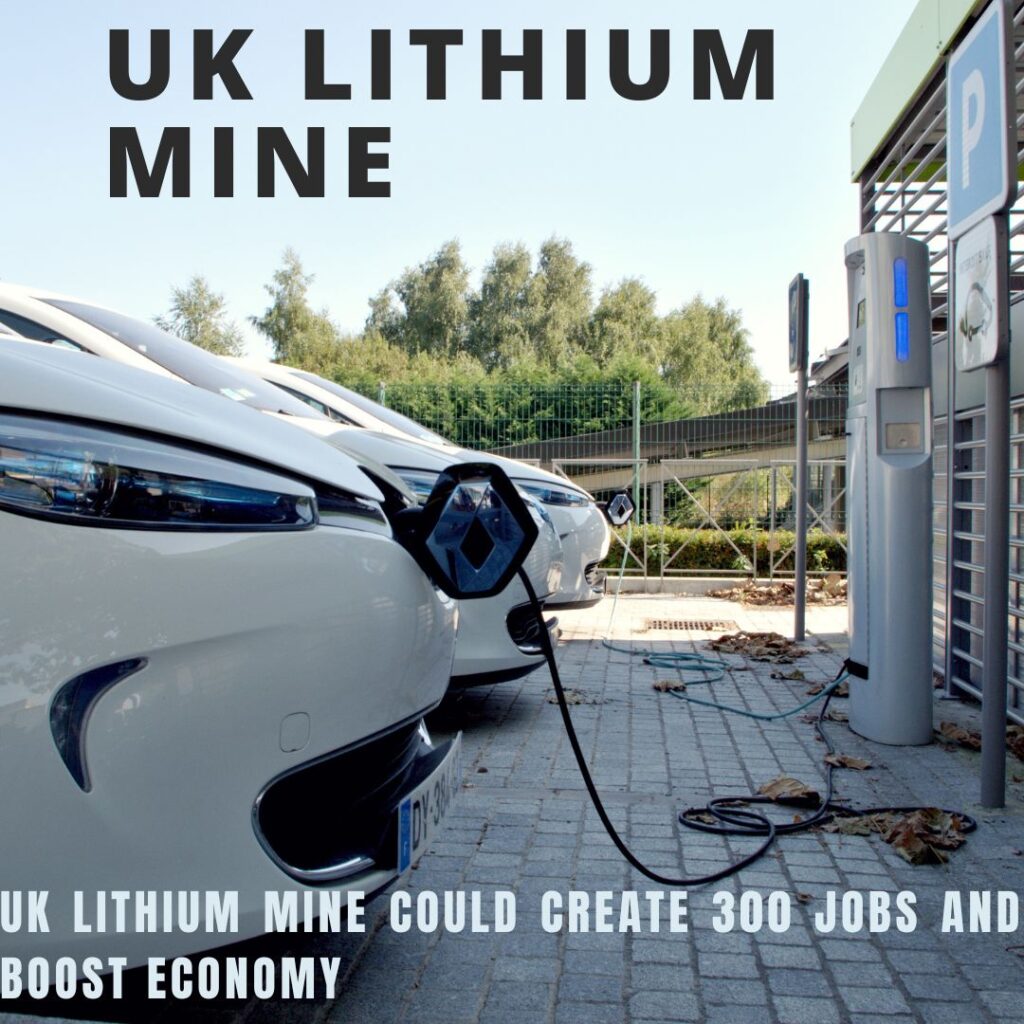
UK to build first lithium mine, bypassing EU toxic classification
The UK’s first lithium mine will be built in Cornwall, in partnership with Imerys, a company listed in Paris. The mine is expected to generate 300 jobs and generate enough lithium to power 500,000 electric vehicles annually until the end of the decade.
The mine will not be classified as toxic, which could give the UK a competitive advantage over the EU in the production of lithium batteries. The EU has stricter regulations on the classification of toxic substances, which can add to the cost of production.
The UK’s decision to avoid classifying lithium as toxic was welcomed by industry experts. Roland Getreide, founder of Luxembourg-based Livista, said that the move “gives more competitiveness to the UK versus the EU in terms of producing lithium”.
Paul Atherley, chairman of Tees Valley Lithium, explained that a toxic classification would lead to additional costs in processing, packaging, and storing lithium in the EU. This would make UK-refined lithium hydroxide and carbonate more cost-competitive, which would be a boost for the UK’s electric vehicle supply chain efforts.
The UK still needs to build more battery factories to meet its demand for electric cars, but the rejection of EU regulation on lithium could help to attract investment in the UK’s battery industry.
The decision to build the lithium mine comes at a time when public opinion on Brexit is shifting. A recent poll found that 57% of Britons believe Brexit was a mistake, and a majority of voters now want to rejoin the EU.
However, the rejection of EU regulation on lithium could help to assuage the frustration of many Brits who feel disappointed with the impacts of Brexit. The project could also create jobs and boost the UK economy, which could help to win public support for Brexit.
Overall, the decision to build the lithium mine is a positive step for the UK’s electric vehicle supply chain. It could help to attract investment in the UK’s battery industry and boost the UK economy. It could also help to assuage public opinion on Brexit.